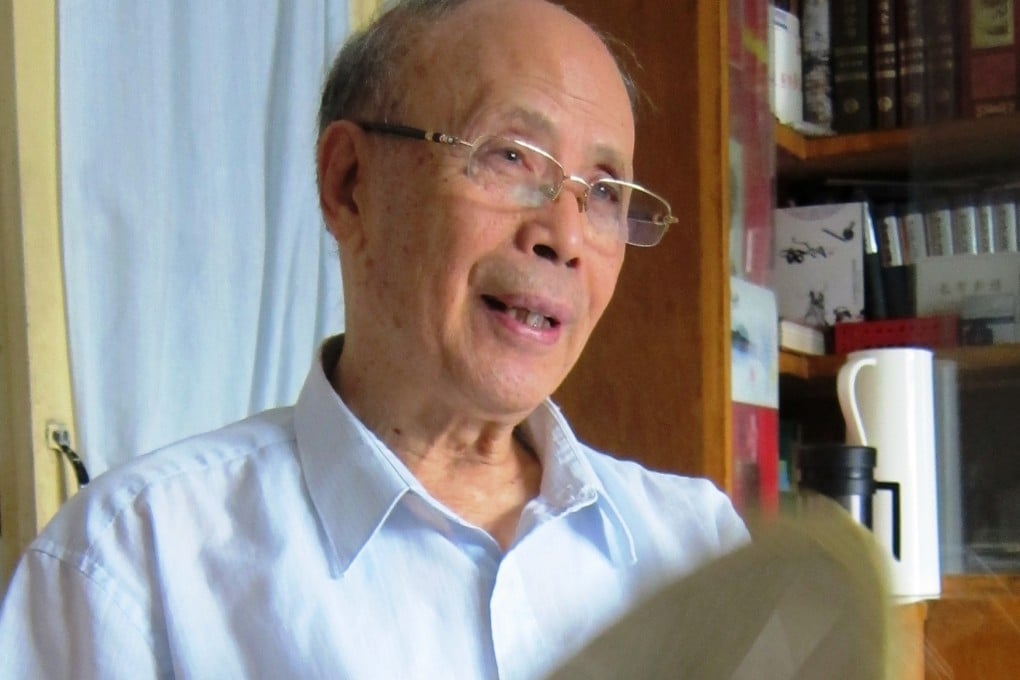‘Learn from Mandela’: Party elder urges China to release truth about Tiananmen for national healing
Du Daozheng cites South Africa's truth and reconciliation commission as a model for brokering forgiveness after turbulent times

A liberal Communist Party elder has urged forgiveness and reconciliation over the 1989 tumult at Tiananmen Square – but insisted that, taking a leaf from Nelson Mandela, authorities must first set the truth straight before healing can take place.
”The authorities, [former] students and ordinary people must forgive each other. But the premise is that the truth must first be clarified," said Du Daozheng, the 90-year-old publisher of China’s most outspoken political magazine Yanhuang Chunqiu.
Former South African president Mandela had established the Truth and Reconciliation Commission to investigate the crimes of the apartheid years, a painful and violent time of racial segregation. The commission is widely considered a model for addressing grievances and fostering reconciliation in conflict-torn countries.
”Mandela has set a good precedent,” Du said. “The truth must be investigated and announced, [and] then you can have a reconciliation.”
The military crackdown on protesters from June 3 to 4 in 1989 killed hundreds, or thousands, of civilians. The authorities have never announced the number of people killed or which leaders ordered troops to open fire.
Scholars have estimated the death toll at more than 2,000.
On the night of June 3, when the army shooting began along Bejing¡¦s Chang An Avenue, Du – who had been a member of the party since 1937, when he was aged 14 – and his wife spent a sleepless night in tears, he said.